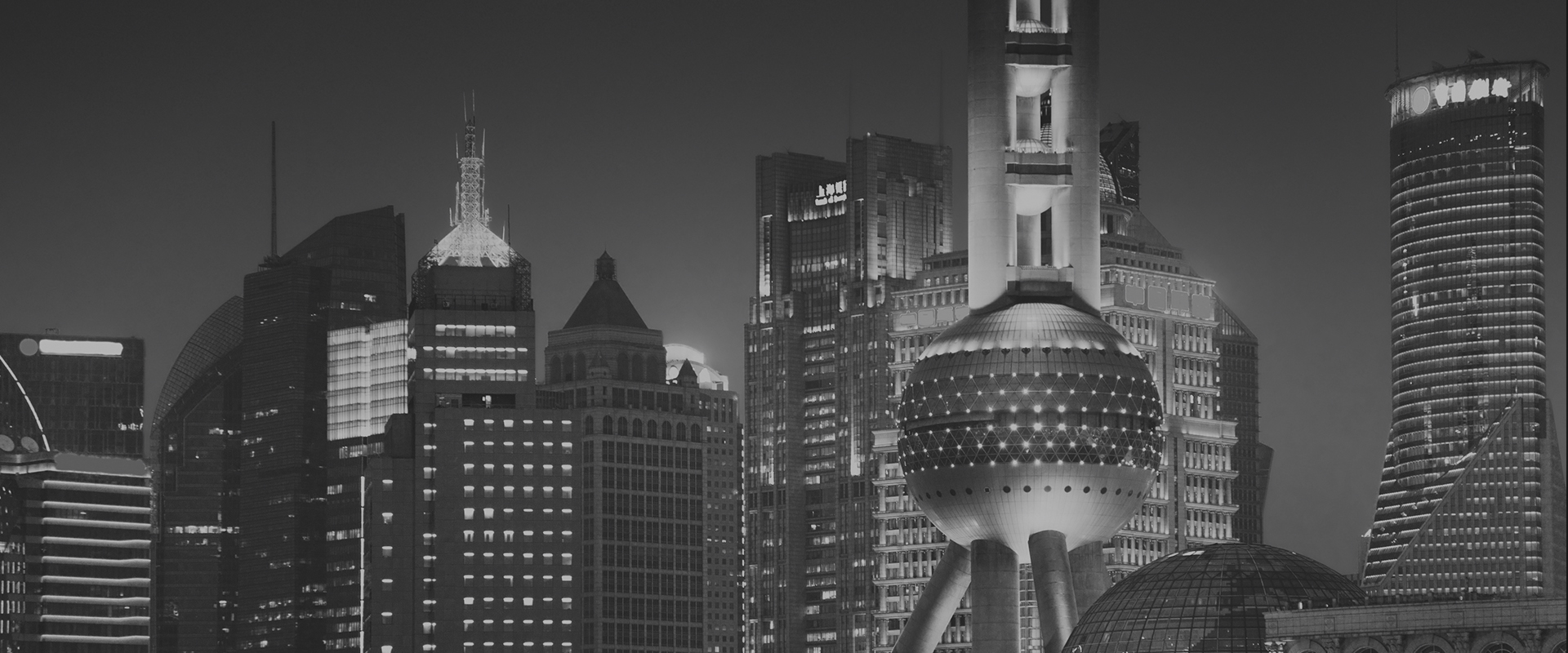Published by The Business Times – 19th December 2016
Acquisition of ABN Amro unit seen giving big boost to Liechtenstein bank’s AUM
Asia remains very attractive for private banks even as growth has slowed, said Prince Maximilian von und zu Liechtenstein, chief executive of LGT Group.
This month, LGT bought ABN Amro’s private banking business in Asia and the Middle East with about US$20 billion in assets under management (AUM). The acquisition – a significant step-up in LGT’s growth strategy in Asia and the Middle East – will help the Liechtenstein bank increase its AUM to more than US$40 billion in Asia and to about US$160 billion overall.
“Asia is still the region with the highest growth; it’s come down a bit and regulators are demanding … they’re the same all over the world,” said Prince Max in a recent interview. His father is the reigning Prince of Liechtenstein.
LGT has been growing quite well organically in Asia following a concerted push since 2011, according to Prince Max. It has enjoyed net new money of US$2-3 billion a year in the past several years, he noted, and AUM is expected to hit about US$30 billion in 2016.
Wholly owned by the Princely House of Liechtenstein, LGT opened its first Asian office in Hong Kong in 1986 and has been operating with a banking licence in Singapore since 2003 and in Hong Kong since 2011.
It employs more than 400 people in Asia and is now the region’s 15th largest private bank. Globally, the group has more than 2,500 people based in 20 offices in Europe, the Americas, Asia and the Middle East.
Although organic growth has been healthy, LGT has also been on the lookout for acquisitions with the right fit, Prince Max noted. The industry has been consolidating as the complexity of the business has made it very expensive, he added.
Over the past two years, eight foreign private banks (including ABN Amro) have exited or will soon exit Singapore. Of the eight, two were closed by the Monetary Authority of Singapore for anti-money laundering violations.
“The compliance cost of small clients is the same as large clients,” Prince Max said. The well-diversified large client base of ABN Amro made the acquisition attractive as there is no concentration risk. Large clients are defined as those with over US$10 million. “We like the look of the client base,” he pointed out.
The quality of the relationship managers is another plus, he said, with many having been with ABN Amro for a long time. Having long-term staff is “key to running the business”, and LGT has had much higher retention rates than the industry, according to Prince Max. The group has an overall turnover rate of 5 per cent, he added.
Prince Max expects a quick integration, with the process schedule to complete in the second quarter of 2017. “We want to ensure excellent service and the highest possible degree of continuity for ABN Amro clients. We will integrate the ABN Amro teams who are currently looking after these clients and a substantial number of support staff.”
On what attracts Asian clients to the Liechtenstein bank, Prince Max pointed to its focus on private banking and fund management; this means LGT can provide better service than the much-bigger Swiss or US banks where private banking is one of many businesses.
“Private banking isn’t within the top priority in the hierarchy,” explained Prince Max. For example, the managers of the private banking unit in a global bank has to compete with other units to get IT service, he noted.
LGT Group has two businesses – private banking (which accounts for two-thirds of the group’s business) and institutional asset management (the remaining one-third).
Among LGT’s institutional clients are sovereign wealth funds like Singapore’s GIC, pension funds like Malaysia’s pension fund EPF, and insurers such as China’s biggest life insurer, China Life, said Prince Max.
Clients also like the alignment of interests reflected in LGT’s ownership structure, he noted.
LGT manages the wealth of the Princely House and private clients can invest alongside the royal family in the Princely portfolio which has US$10 billion AUM. The portfolio has returned 6.5 per cent since 1999, he said. And on the global fight against tax evasion, Liechtenstein is one year ahead of Switzerland, the prince added, having already signed the automatic exchange of information with the European Union.
Please visit The Business Times for more news




